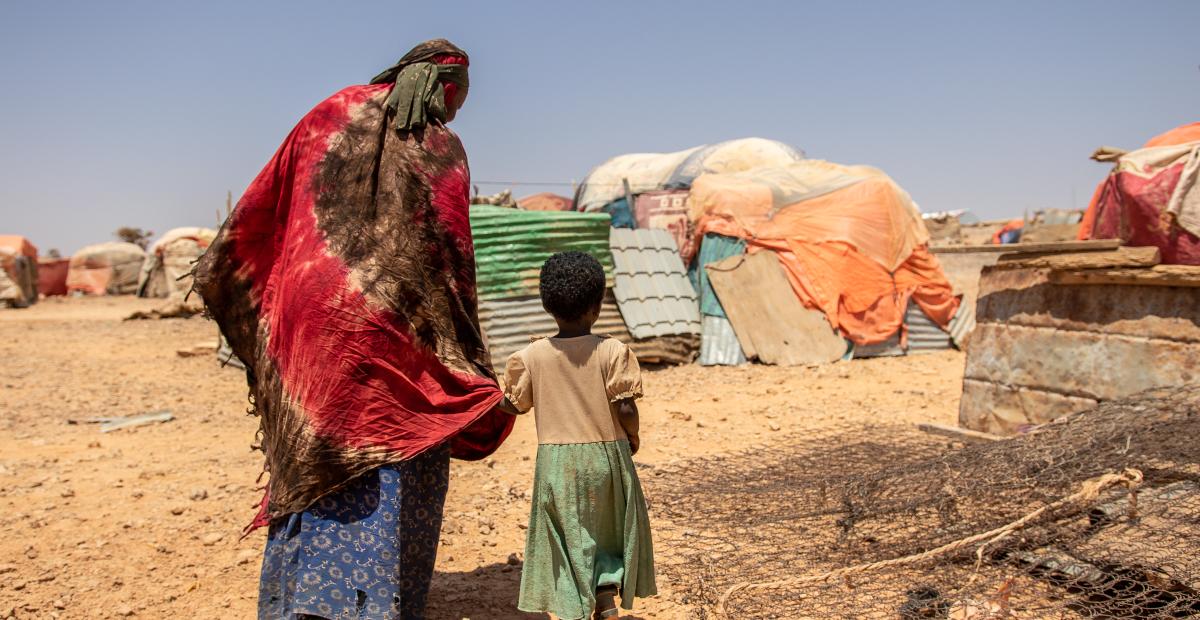HAEC's Research
HAEC conducts impact evaluations to generate further evidence in humanitarian contexts.

Funding Overview
As part of HAEC’s mission to increase the use of impact evaluations for emergency food security activities, HAEC is funding six impact evaluations from 2023- 2024. These impact evaluations are embedded as part of a BHA-funded emergency food security activities. To learn more about the importance of conducting impact evaluations in humanitarian settings, read our recently published blog post The Untapped Potential of Impact Evaluations in Humanitarian Contexts here.